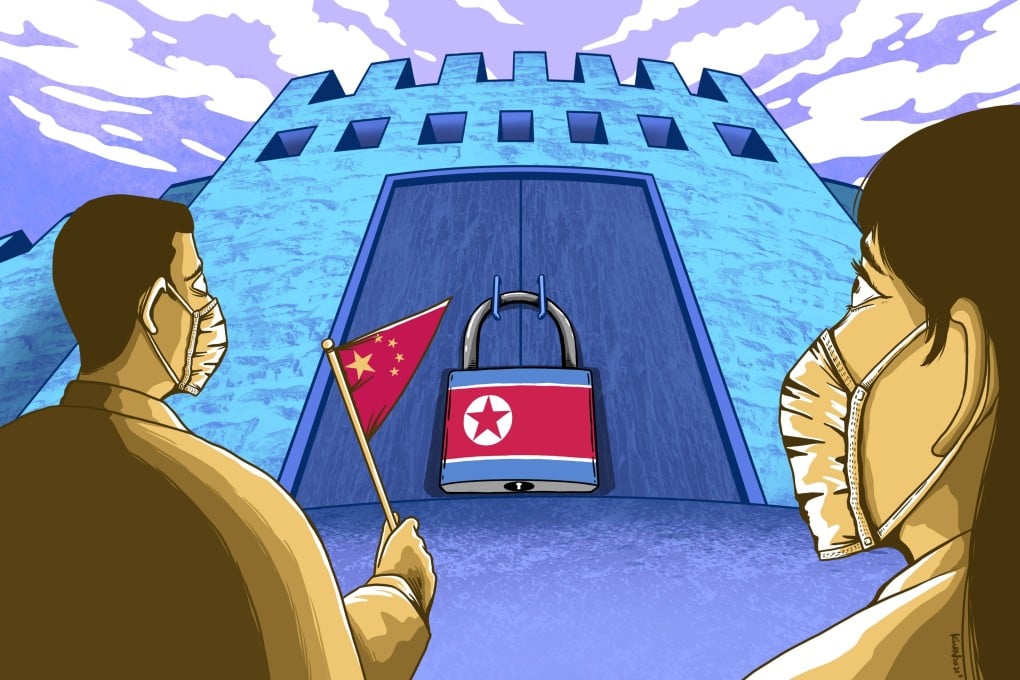China’s gateway to North Korea feels chill of Covid-19 border closure
- The northeastern Chinese city of Dandong is suffering as its link across the Yalu River remains closed to tourists and small businesses
- Even the May holiday travel boom failed to boost the local economy as visitors mostly stayed away

The smiling, bright-eyed North Korean waitress responded in accented Mandarin: “Sorry we don’t have it any more.” Simon, a Chinese tourist guide, who has specialised in North Korea tours for four years, was certain of the reason. “It’s out of stock because nothing can be transported over.”

North Korea’s Taedonggang beer – named after the river running through its capital Pyongyang – stopped flowing into China last year, along with most other North Korean exports, according to official Chinese customs data.
There has been much speculation about the continuing border lockdown. Human rights groups warn North Korea is facing dire food shortages, with observers predicting Pyongyang will soon have to ask China for aid, while media reports suggest normal trade between the two countries could soon resume.